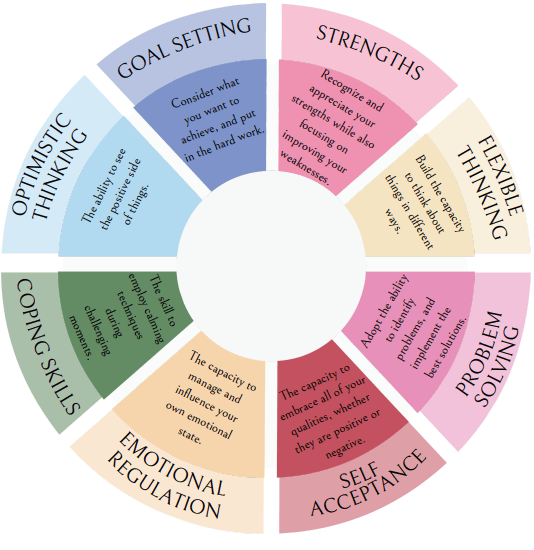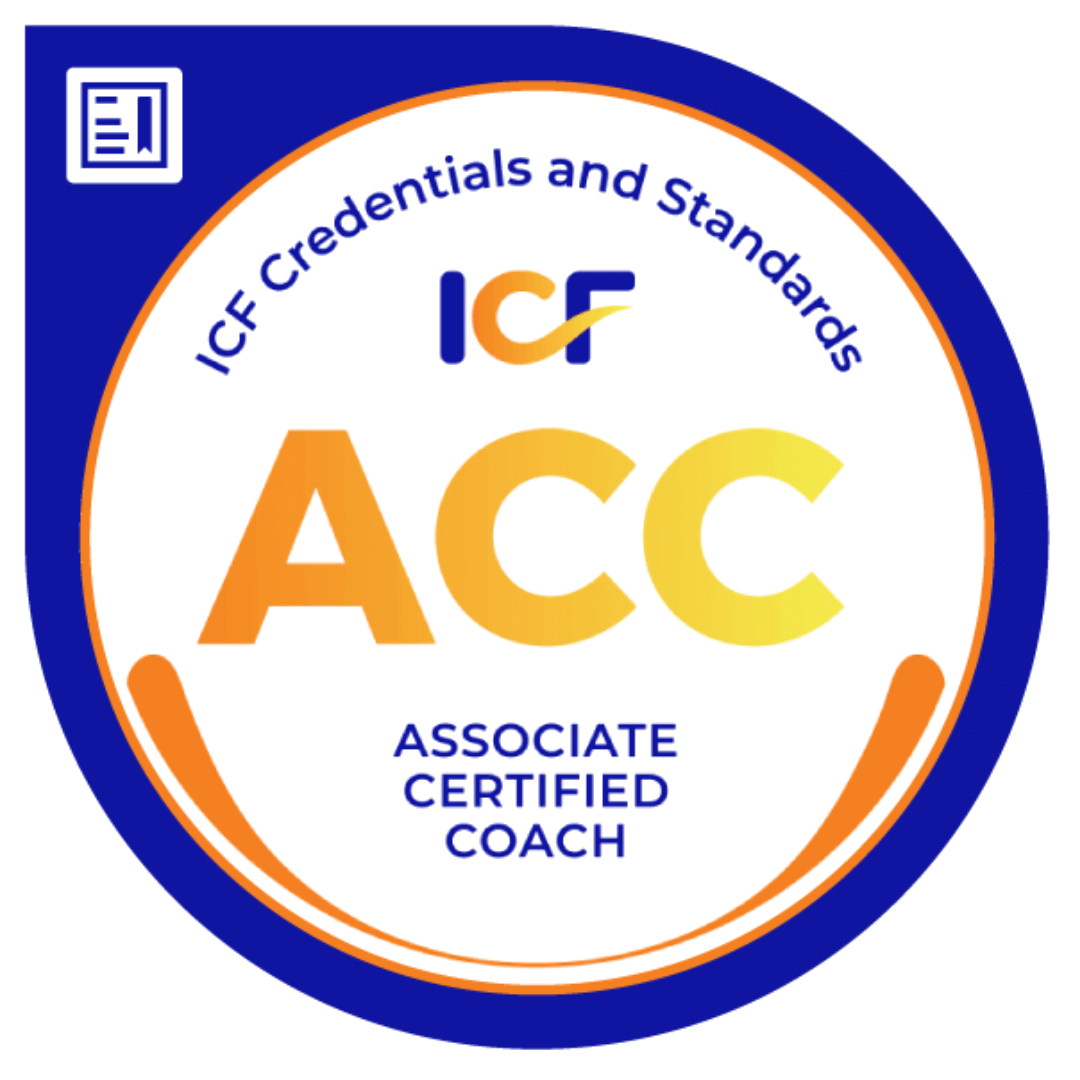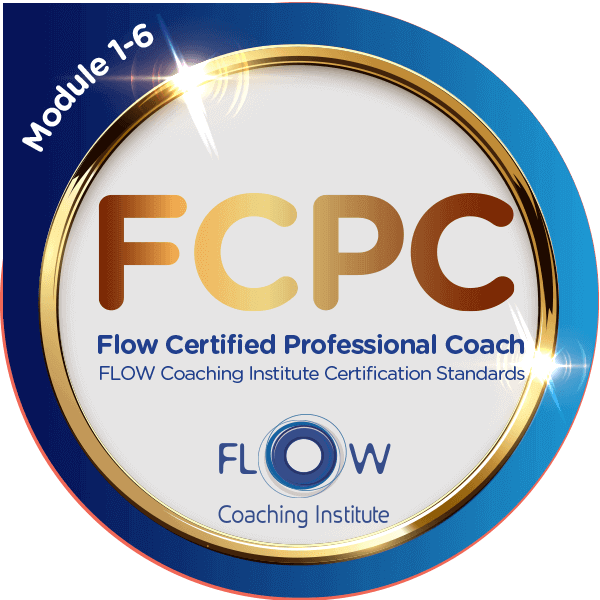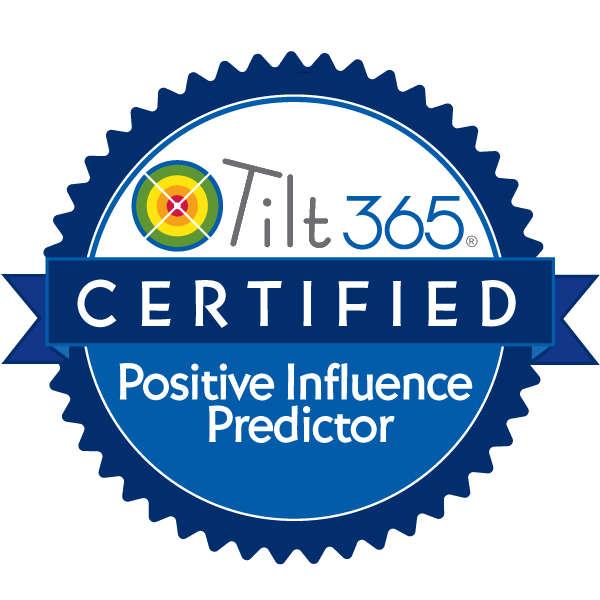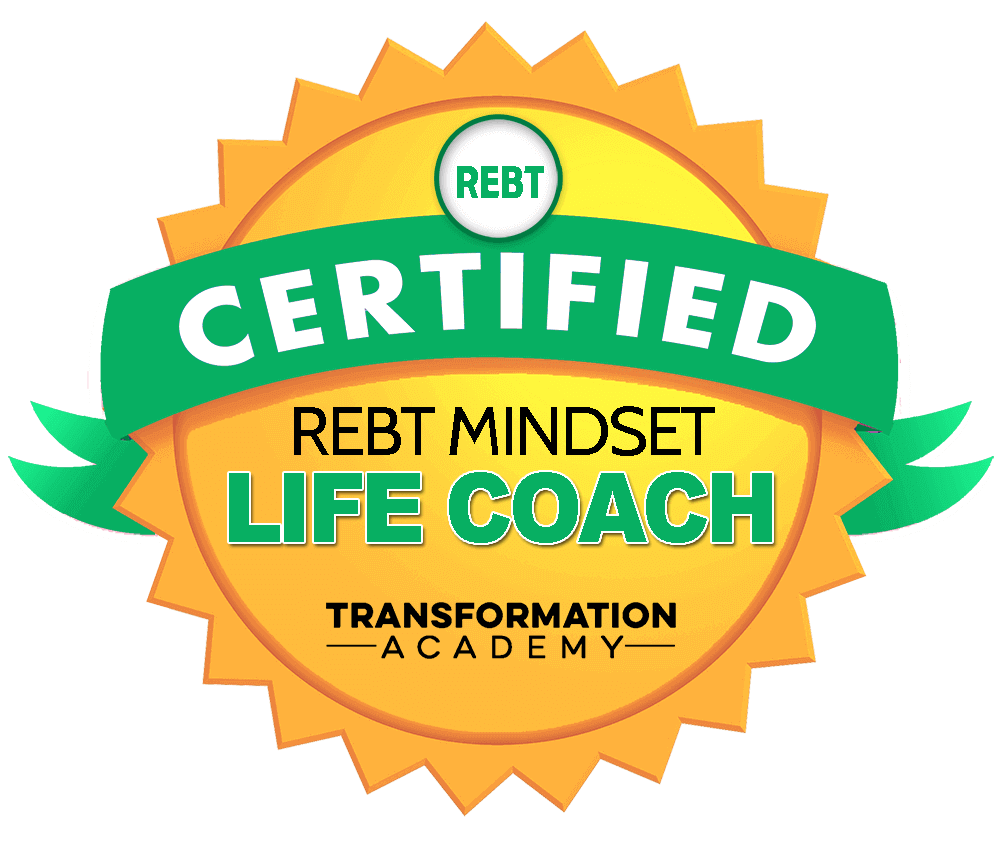Adverse Childhood Experience
Adverse Childhood Experiences (ACEs) are potentially traumatic events that occur in childhood (0-17 years). The ACE Study, one of the largest investigations of childhood abuse and neglect and household challenges and later-life health and well-being, was conducted by the Centers for Disease Control and Prevention (CDC) and Kaiser Permanente.
The study was originally conducted by Dr. Vincent Felitti and Dr. Robert Anda, along with their colleagues at the CDC. Their groundbreaking research has significantly contributed to our understanding of the long-term impacts of childhood experiences on adult health and well-being.

Why ACE's are Important
Understanding Adverse Childhood Experiences is crucial because
- ACEs have been linked to risky health behaviors, chronic health conditions, low life potential, and early death.
- As the number of ACEs increases, so does the risk for these outcomes.
- The wide-ranging health and social consequences of ACEs underscore the importance of preventing them before they happen.
- Preventing ACEs can help children and adults thrive and potentially reduce risk for conditions like depression, asthma, cancer, and diabetes.

The ACE Assessment
The ACE questionnaire is a tool used to assess a person's exposure to traumatic stressors in childhood. It consists of 10 questions about different types of childhood experiences.
Please note that this assessment can bring up difficult memories. If you feel uncomfortable at any point, please stop and seek support if needed.
NOW WHAT
Latest Resilience Research
Recent studies have shown that building resilience can significantly mitigate the negative effects of ACEs. Key findings include:
- Resilience protects against negative consequences of ACEs and may thwart the development of mental health problems.
- Self- and emotion regulation are crucial targets for interventions, especially for emerging adults with a history of ACEs.
- Improving problem-solving skills, coping strategies, and self-esteem can help reduce the impact of ACEs.
- Social skills and positive social information processing play important roles in fostering resilience and coping with ACEs.
.
ACE Minimization Strategies
Building Resilience
For Kids
Resilience is like a superpower that helps you bounce back when things are tough. Here are some ways to build your resilience:
- Talk to someone you trust about your feelings.
- Try new things and don't be afraid to make mistakes.
- Remember that it's okay to ask for help.
- Do things that make you happy, like playing or drawing.
- Take deep breaths when you feel upset.
For Adults
Recent research shows that building resilience can significantly mitigate the negative effects of ACEs. Key strategies include:
- Developing strong, supportive relationships.
- Practicing self-care and stress-management techniques.
- Setting and working towards personal goals.
- Cultivating a positive self-view and confidence in your strengths and abilities.
- Seeking professional help when needed.
Resilience Strategies
What NOW?
For Kids
Remember:
- It's not your fault if you've had tough experiences.
- You are strong and can learn to handle difficult things.
- There are people who want to help you.
- It's okay to talk about your feelings with someone you trust.
For Adults
After understanding your ACEs:
- Remember that your ACE score is not a diagnosis or a destiny.
- Focus on building resilience and seeking support.
- Consider professional help if you're struggling with past experiences.
- Understand that healing and growth are possible at any age.
Resiliency is Journey, it is choice you make every moment in recognizing that suffering is your choice.
- Nimir Raval
Resiliency Wheel
